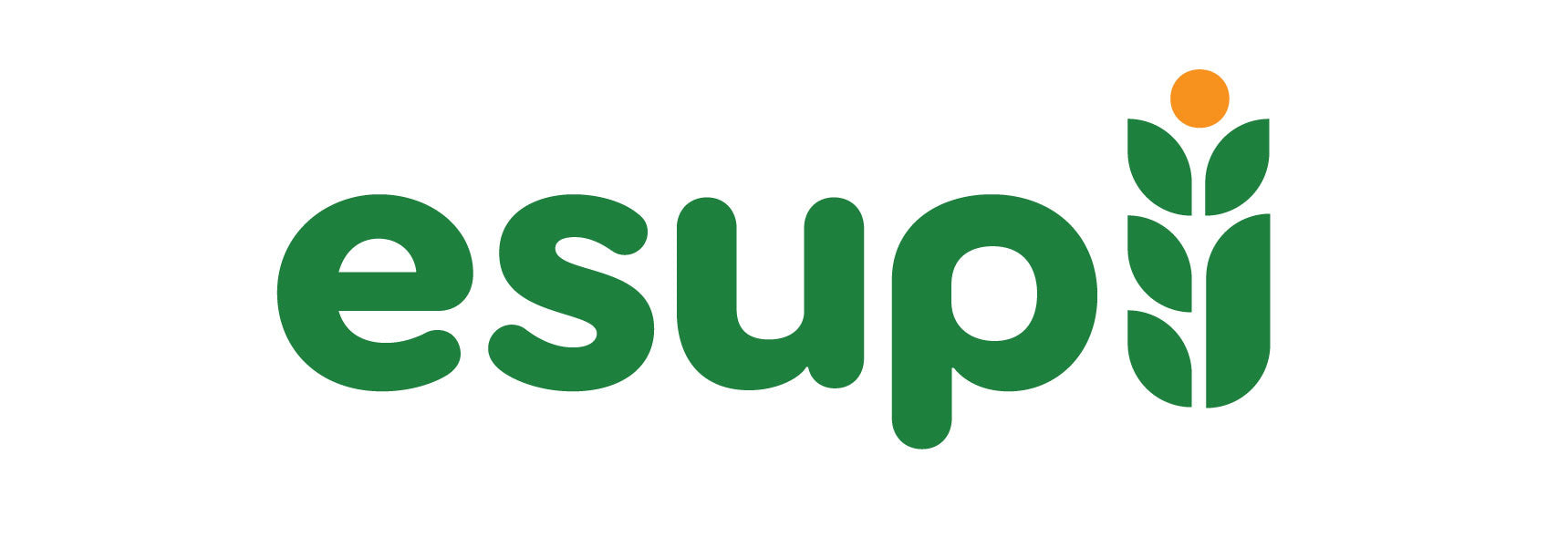Zinc is an antioxidant that occurs naturally in many foods, such as beans, meat, and fish. It supports immune function and may help treat diarrhea, promote wound healing, and more.
In addition to supporting the immune system, zinc enables the body to make proteins and DNA and plays a role in childhood growth and development.
Zinc occurs naturally in many foods, such as beans, meat, and fish. It is also available as a dietary supplement.
This article looks at the health benefits of zinc, what happens if someone does not have enough, and useful sources.

Zinc is crucialTrusted Source for various bodily functions, including immune function, wound healing, chronic conditions, and more.
The followingTrusted Source foods are suitable natural sources of zinc:
- seafood, especially oysters
- meat, especially beef and pork
- eggs and dairy products
Some plant-based foods, such as beans, nuts, and whole grains, contain zinc, but zinc absorption from these foods is lower than with animal products.
If a person does not eat animal products, they may wish to consider taking zinc supplements.
The next sections look at 10 possible benefits of zinc.
The body needs zinc for the immune system to work properly. Low levels of zinc can increase the risk of infections, such as pneumonia.

The World Health Organization (WHO)Trusted Source recommends zinc supplements for infants with diarrhea.
There is evidence that it can shorten bouts of diarrhea, especially in those who do not have a nutritious diet.
Zinc plays a role in maintaining healthy skin.
People with long-term wounds or ulcers often haveTrusted Source low zinc levels. Healthcare professionals may recommend zinc supplements for people with persistent wounds.

Zinc has antioxidant properties. As such, it can help reduce oxidative stress.
Scientists believe that there is a link between oxidative stress and chronic diseases, such as high blood pressure, diabetes, and other aspects of metabolic syndrome.
Zinc prevents cell damage in the retina and may help delay the progression of age-related macular degeneration and vision loss, according to the National Institutes of Health (NIH)Trusted Source. However, it is unlikely to prevent degeneration.

The authors of research from 2018Trusted Source describe zinc as essential to male sexual health. Reasons for this could include zinc’s roles as an antioxidant and hormone balancer.
Low zinc levels may also lead toTrusted Source delayed maturation, which could imply further physical or mental development delays later in life, including sexual health issues.
However, while a zinc deficiency can have negative effects, too much zinc may lead to toxicity, which could be harmful to sperm.
Anyone considering zinc supplements to support their sexual health can speak with a doctor.
There is some evidence that zinc may help treat some skin diseases, as it plays a role in wound healing.
ResearchTrusted Source suggests that zinc may help treat:
- acne vulgaris
- hidradenitis suppurativa
- atopic dermatitis
- diaper dermatitis
Zinc plays an essential role in bone formation and health and may help prevent osteoporosis, according to research from 2020Trusted Source.

A small study from 2020 concluded that there may be a link between low zinc levels and neurological symptoms.
People with type 2 diabetes oftenTrusted Source have low zinc levels. Zinc may also be helpful in lowering blood sugar and cholesterol levels, so zinc supplementation may be helpful for type 2 diabetes.




